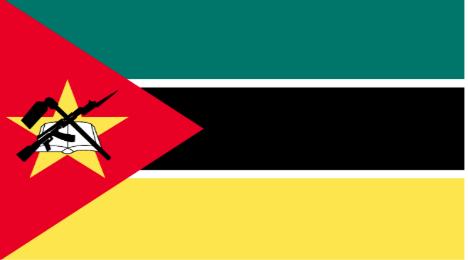Mozambique Launched its First National Action Plan on Women, Peace and Security
By Rocio Maradiegue, Women, Peace and Security Programme Consultant
(Visual: OpenClipArt)
In May 2018 Mozambique launched its first UNSCR1325 National Action Plan (NAP) for a period of five years (2018-2022). Developed by Ministry of Gender, Children and Social Action and the Ministry of Foreign Affairs and Cooperation and others, the NAP aims to strengthen the integration of a gender perspective in peace and security actions and management, and guarantee women’s participation in peace work. Through the adoption of its first NAP, the Mozambican Government demonstrates its commitment to addressing key issues women face in the follow-up of violence as well as supporting women’s actions to promote peace.
The inaugural NAP demonstrates a good practice by focusing on the important role of resources in the WPS implementation by allocating a budget to each objective of the NAP. Civil society also plays an integral role in the implementation and monitoring and evaluation stages of the NAP. At the same time, the NAP fails to recognise the importance of disarmament for peace and the impact of arms on women. This limits further opportunities to deliver on the objectives presented in the NAP, especially around conflict prevention.
Read WILPF’s Analysis of Mozambique’s UNSCR1325 National Action Plan here>>
Find WILPF’s National Action Plan Development Toolkit here>>

